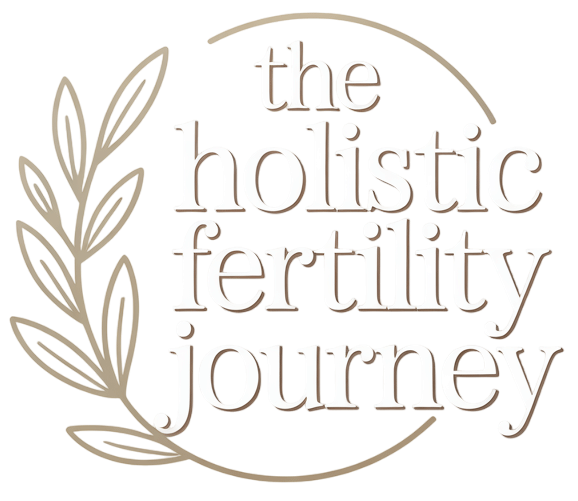Micronutrients: Tiny but Mighty Allies on the Fertility Journey
When thinking about fertility, most people imagine hormones, cycles, and maybe even stress or age. But beneath all of these are the building blocks that allow our reproductive systems to function: micronutrients. These are the vitamins, minerals, and trace elements that our bodies need in small but crucial amounts. They act like quiet caretakers—seldom in the spotlight, yet absolutely essential for the health of eggs and sperm, the cycle’s regularity, and the delicate processes of conception and pregnancy.
Unlike carbohydrates, proteins, and fats (which we need in large quantities), micronutrients might be measured in milligrams or even micrograms. Yet deficiencies—even mild ones—can ripple out and affect menstrual cycles, hormone balance, egg and sperm quality, and much more.
